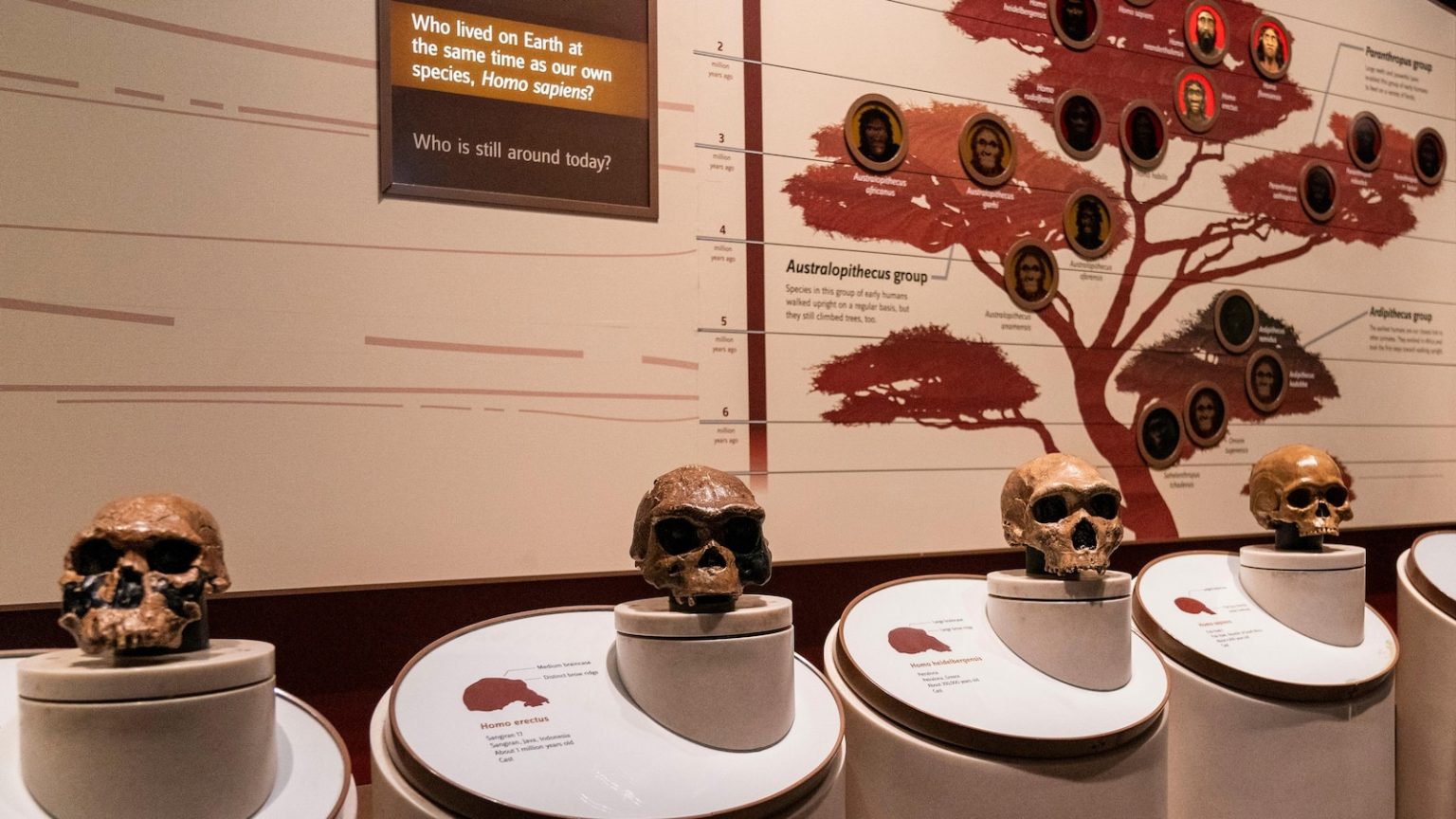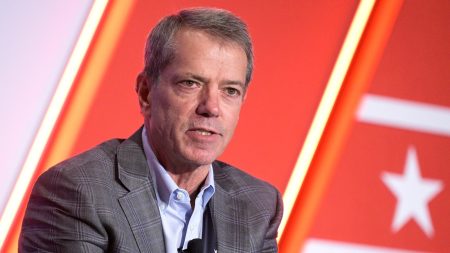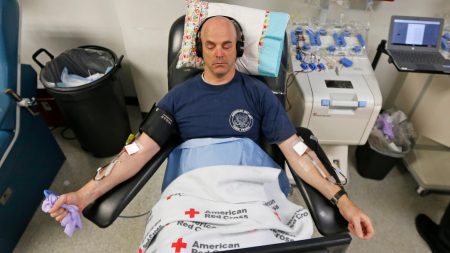The Origins of Human Speech: Unraveling the Genetic Puzzle
Human speech is one of the most unique and powerful abilities that distinguish us from other species. It has been instrumental in our survival, enabling us to share information, coordinate actions, and pass down knowledge across generations. But have you ever wondered why humans developed this remarkable ability? Scientists have long speculated about the origins of speech, and a new study sheds light on the genetic factors that may have played a crucial role in its evolution.
According to the study, a specific genetic variant, found exclusively in humans, may have been key to the development of spoken language. This variant affects a protein called NOVA1, which is essential for brain development. Researchers at Rockefeller University in New York conducted an experiment using CRISPR gene editing to introduce the human version of NOVA1 into mice. The results were striking: mice with the human variant vocalized differently compared to their normal counterparts. Baby mice squeaked uniquely when their mothers approached, and adult male mice chirped differently when they encountered females in heat. These findings suggest that this genetic variant may have influenced the development of speech in humans, giving us a unique communication edge over other species like Neanderthals and Denisovans.
The Role of Genetics in Speech Development
The study highlights the potential role of genetics in the emergence of spoken language. While scientists have long recognized that genetics plays a role in speech, this research provides a new angle by pinpointing a specific gene variant that may have been instrumental in human communication. The study’s lead author, Dr. Robert Darnell, notes that NOVA1 is one of several genes that contributed to the rise of Homo sapiens as the dominant species. By understanding these genetic factors, scientists hope to uncover more about how speech evolved and how it contributed to human success.
Dr. Liza Finestack of the University of Minnesota, who was not involved in the study, calls this research "a good first step" toward identifying the genes that influence speech and language development. She adds that such discoveries could have practical applications, such as helping to identify individuals at risk of speech disorders early in life and providing tailored interventions. While this is promising, it’s important to recognize that speech is not solely determined by genetics. Anatomical features, such as the human throat structure, and brain regions specialized for language also play critical roles in our ability to communicate.
The Discovery of a Unique Human Gene Variant
What makes this study particularly interesting is the focus on the NOVA1 variant, which is unique to modern humans. Unlike other genes previously linked to speech, such as FOXP2, which is shared with Neanderthals, the NOVA1 variant is exclusive to our species. This uniqueness suggests that it may have played a specific role in the evolution of human speech. The FOXP2 gene, often referred to as the "language gene," was first identified in 2001 and linked to speech and language disorders. However, later research revealed that Neanderthals also carried a similar version of this gene, indicating that it may not be the sole driver of human language abilities.
In contrast, the NOVA1 variant offers a new avenue for exploring the genetic underpinnings of speech. By introducing the human version of NOVA1 into mice, researchers observed changes in their vocalizations, providing tangible evidence of its potential impact on communication. These findings are not only fascinating from an evolutionary perspective but also open doors to new areas of research into speech development and disorders.
Beyond Genetics: The Complexity of Human Speech
While the discovery of the NOVA1 variant is groundbreaking, it’s important to recognize that speech is the result of a complex interplay between genetics, anatomy, and environment. For example, the human throat and larynx are structured in a way that allows for a wide range of sounds, and specific brain regions, such as Broca’s and Wernicke’s areas, are dedicated to language processing. These biological adaptations, combined with genetic factors like the NOVA1 variant, have enabled humans to develop and refine spoken language over thousands of years.
The interplay between these factors is a testament to the remarkable complexity of human communication. Speech is not just a biological ability but also a cultural and social one, shaped by our shared experiences and environments. As scientists continue to explore the genetic and biological foundations of speech, they may uncover even more insights into what makes us uniquely human.
The Implications for the Future
The implications of this research extend far beyond the realm of evolutionary biology. By identifying genes like NOVA1 that are linked to speech, scientists may gain a better understanding of the underlying causes of speech-related disorders. This knowledge could lead to the development of new treatments or interventions for individuals who struggle with communication. For example, early identification of genetic markers associated with speech difficulties could allow for targeted therapies or educational programs to support language development in children.
Dr. Darnell and his team hope that their work not only advances our understanding of human origins but also contributes to the broader goal of improving human health. As research in this area progresses, it may reveal additional genetic factors that influence speech and language, offering even more opportunities for intervention and treatment. The study of genes like NOVA1 is a powerful reminder of how deeply intertwined our biology and culture are, and how unlocking the secrets of our past can help us build a better future.
In conclusion, the evolution of human speech is a fascinating and multifaceted story that continues to unfold with each new scientific discovery. From the genetic variants that shaped our ability to communicate to the anatomical and cultural factors that refined it, speech is a remarkable ability that defines who we are. As researchers delve deeper into the genetic and biological foundations of language, they are not only shedding light on our origins but also paving the way for new approaches to understanding and addressing speech-related challenges.















